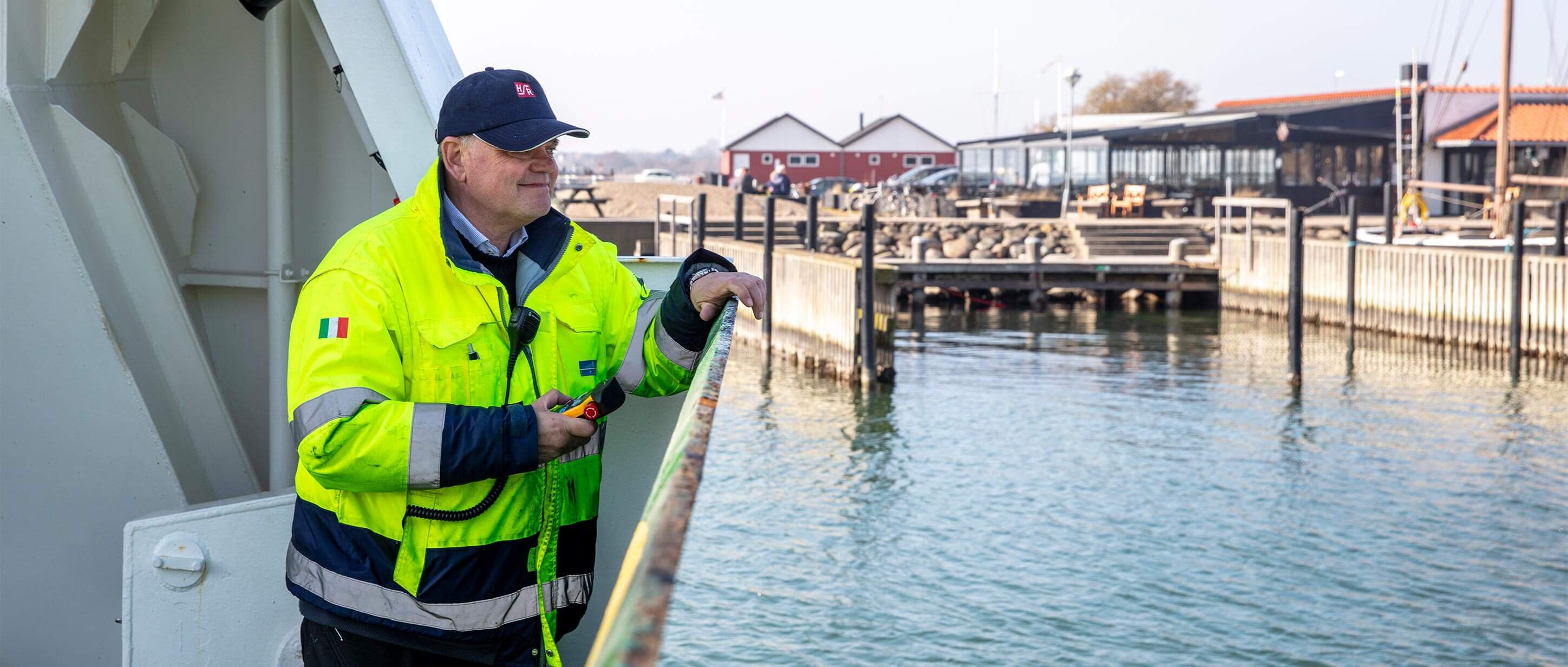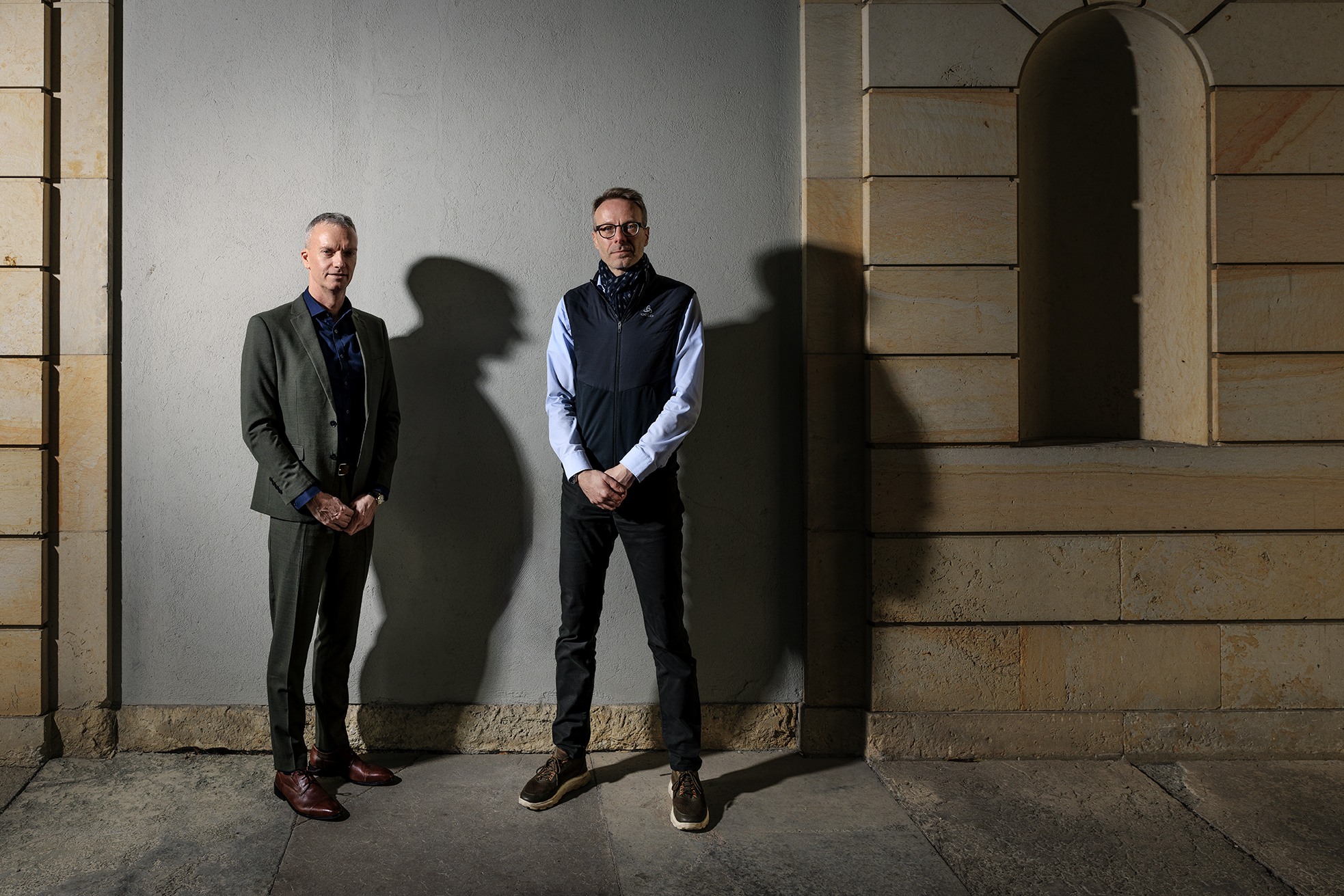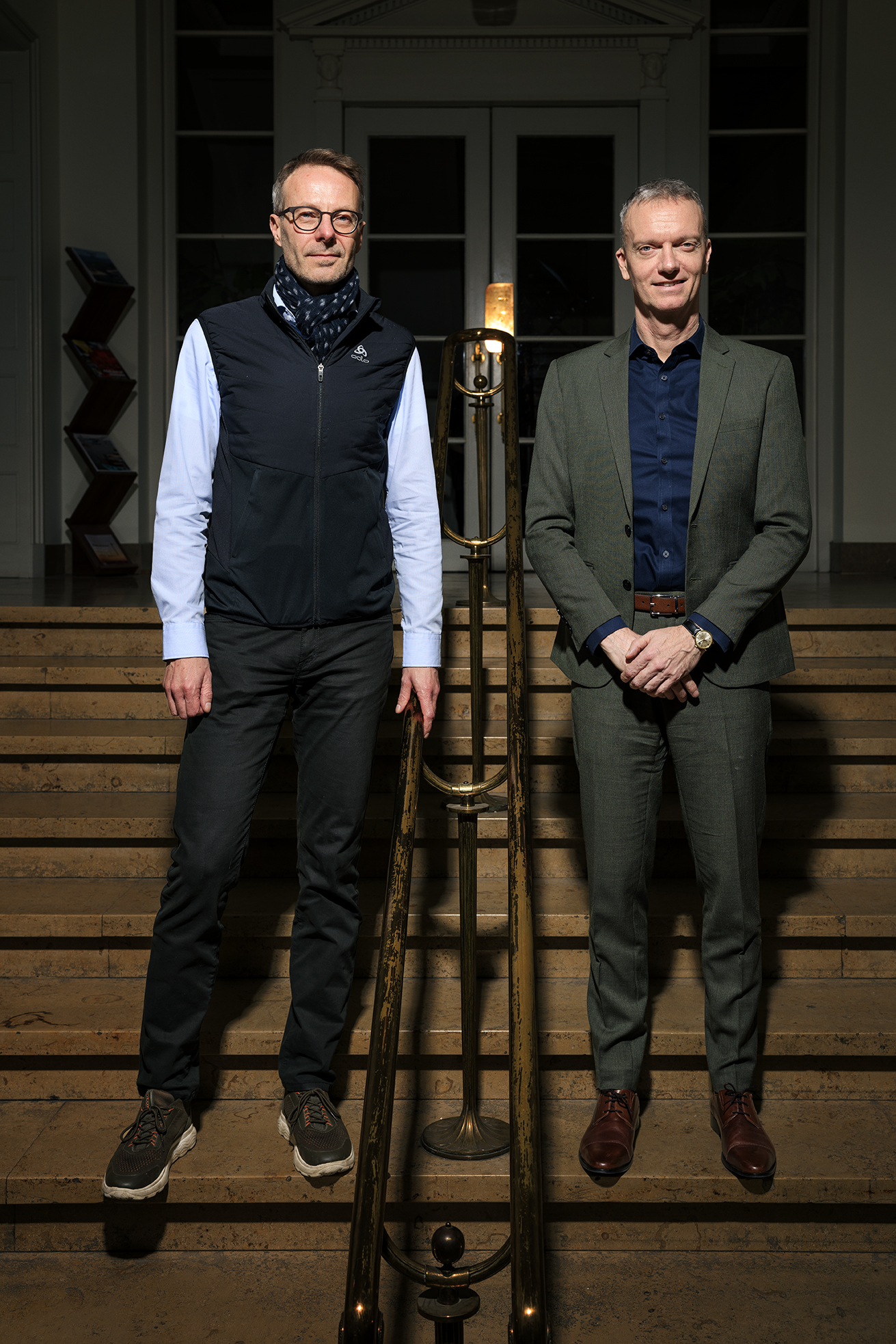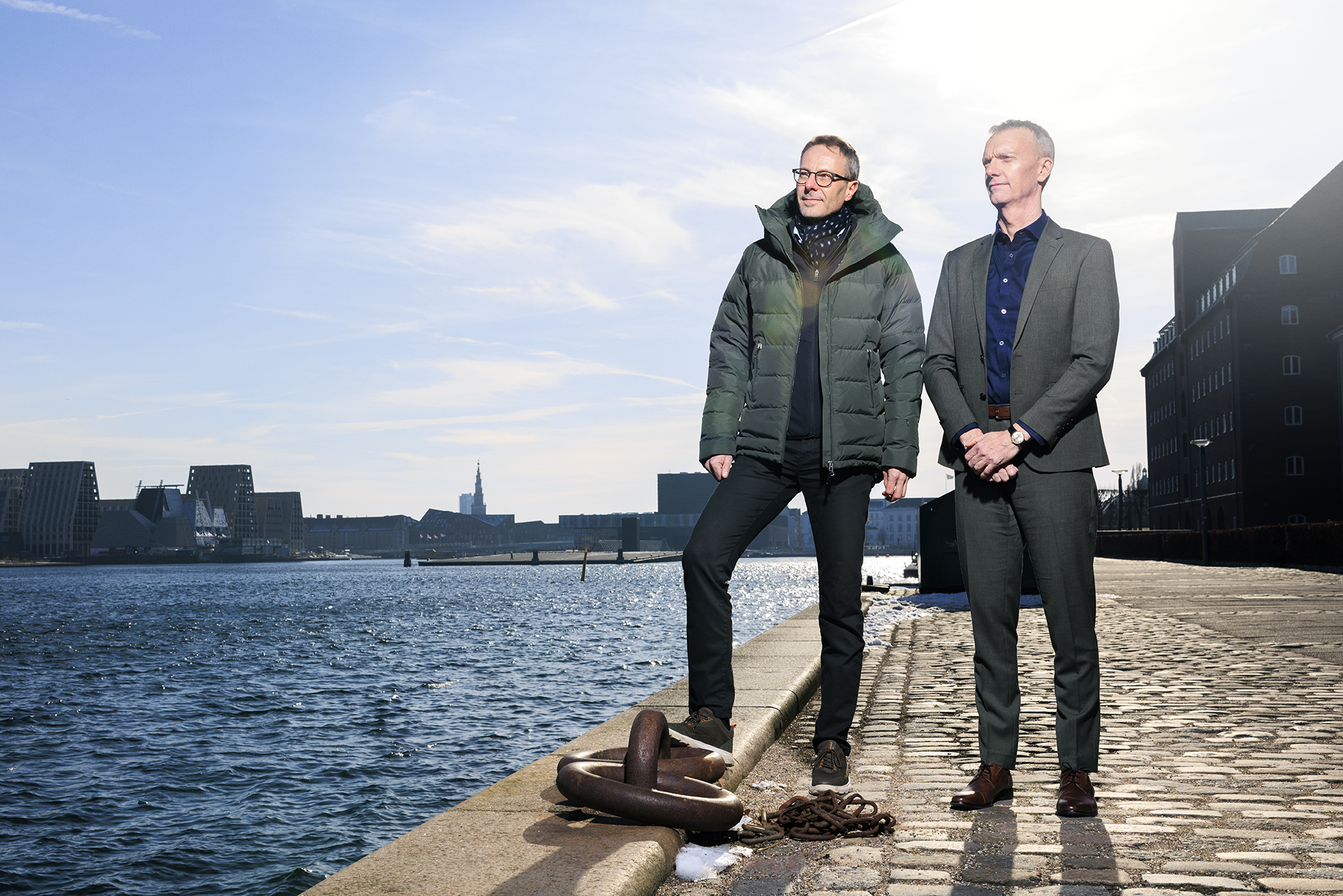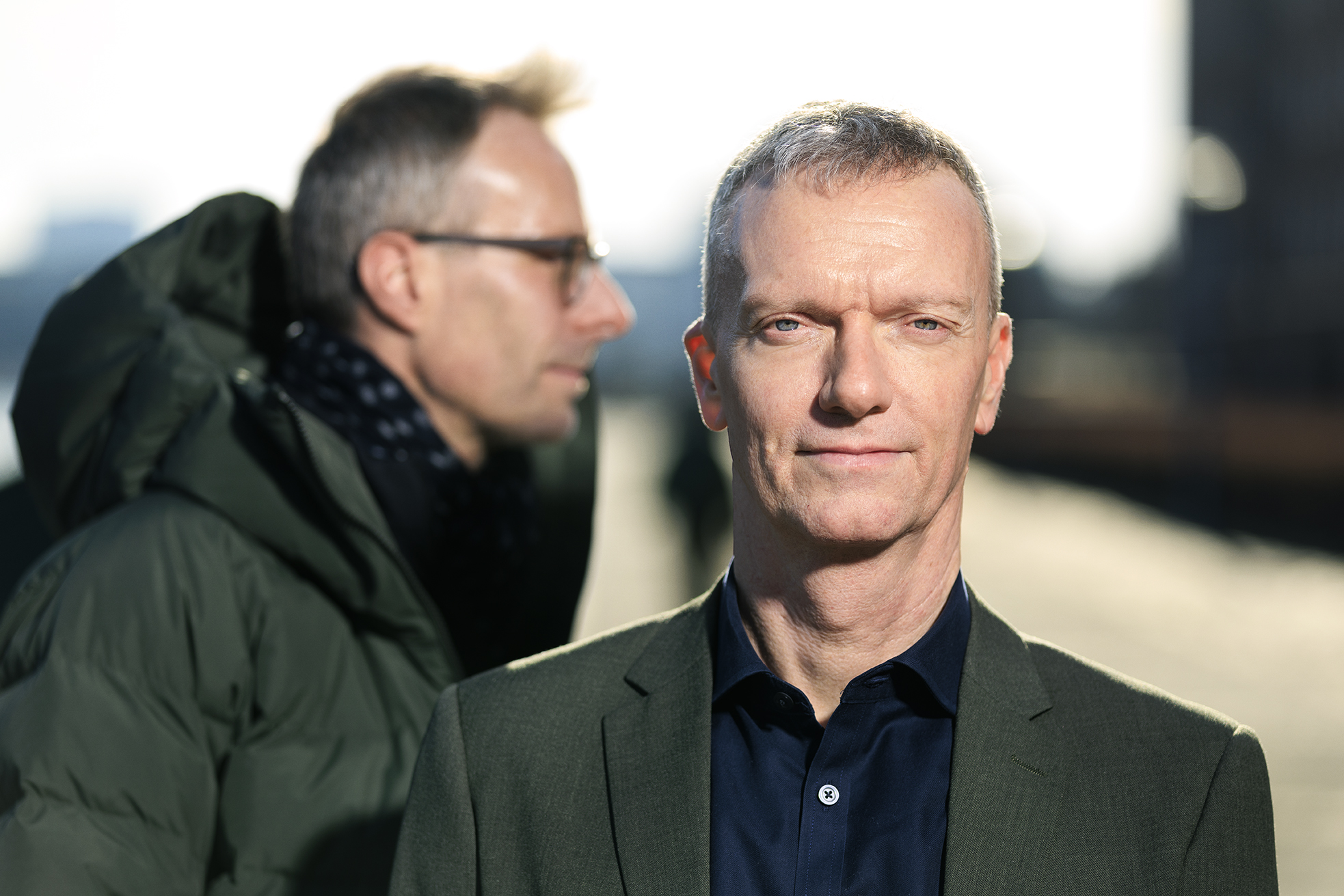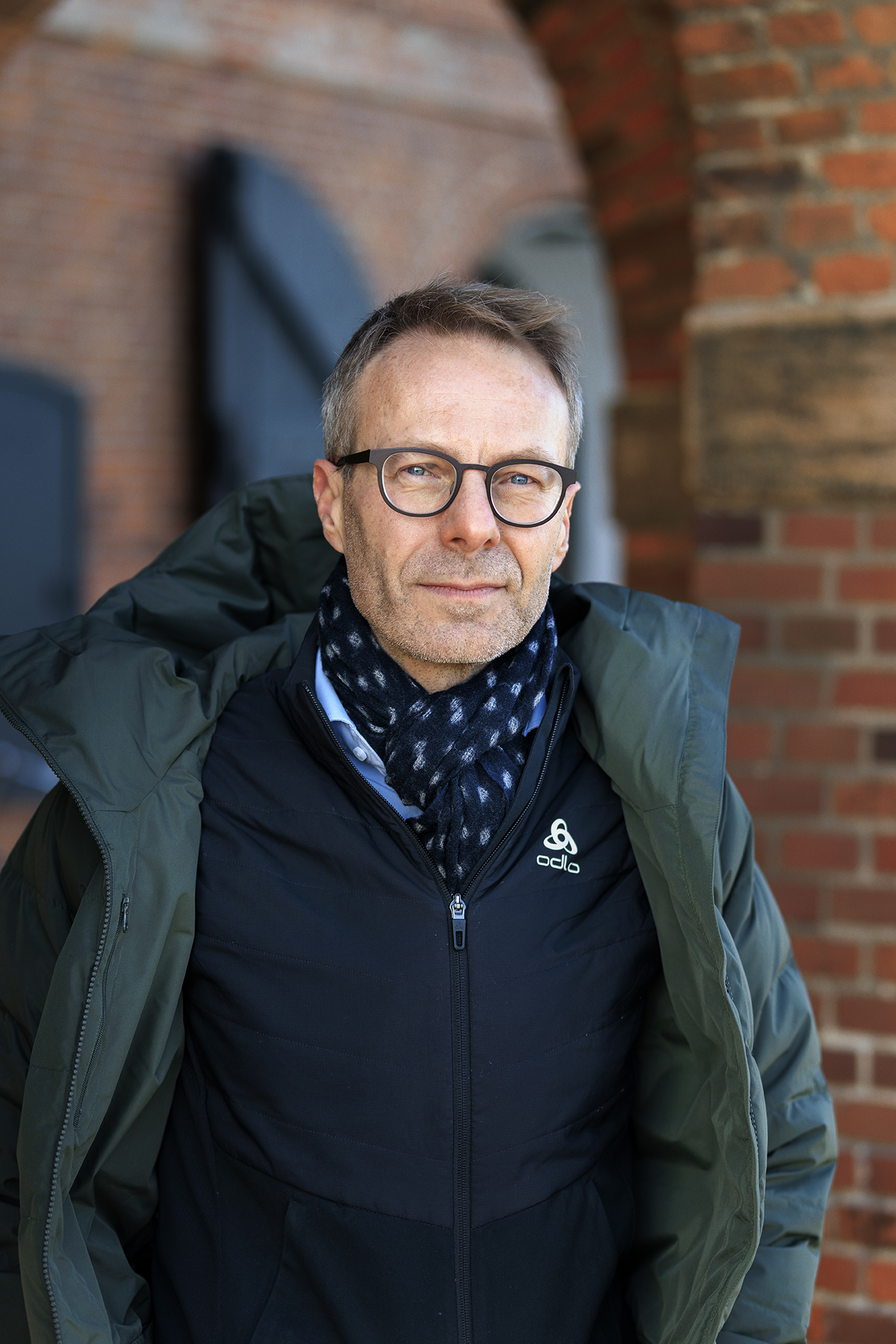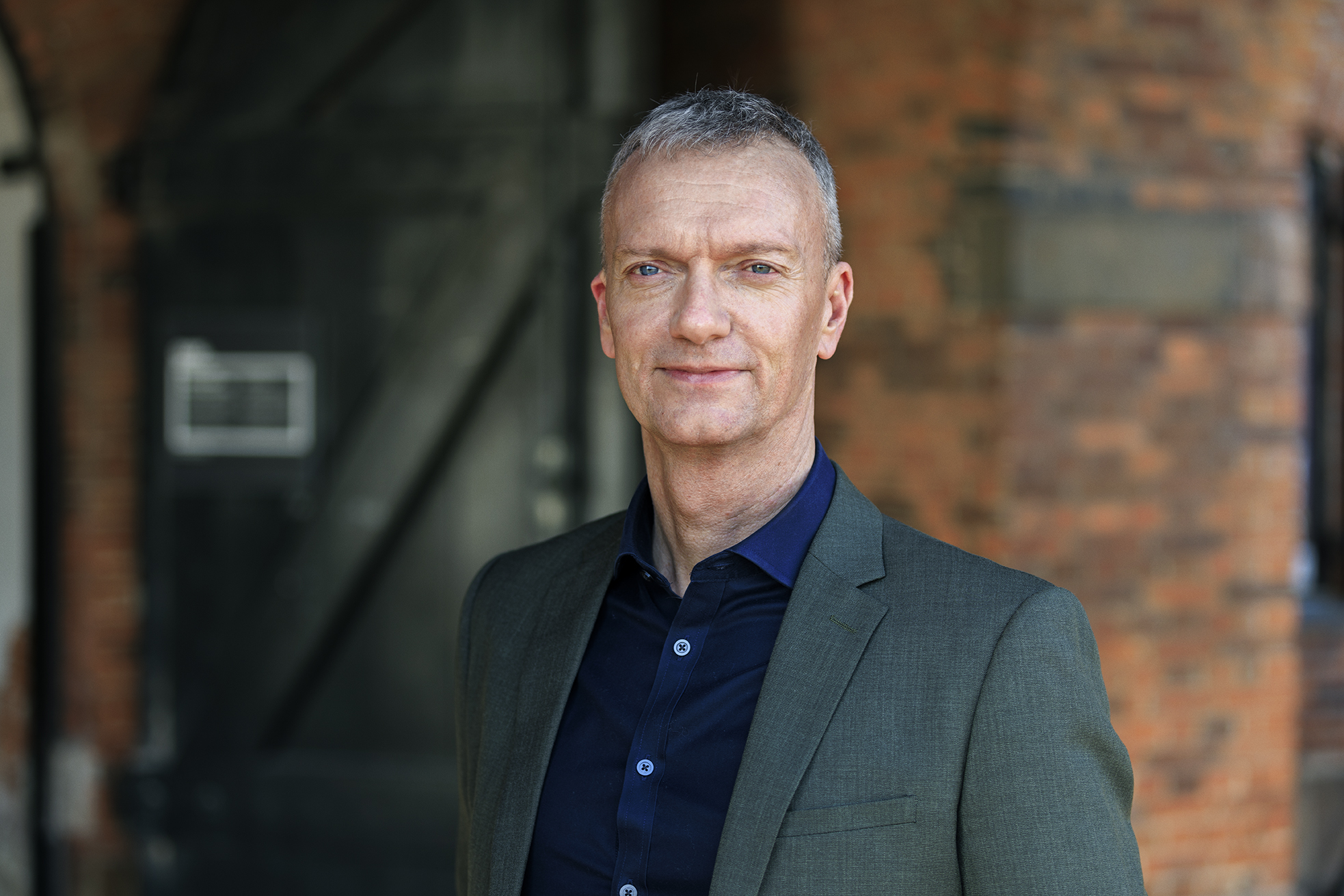The Health and Safety Committee under Danish Shipping has knowledge sharing and prevention of occupational accidents at the top of its agenda and a close collaboration with UFDS on the common goal: a safe industry – also tomorrow.
The Danish Shipowners’ Accident Insurance Association is first and foremost created to support seafarers who may be injured at their workplace. However, it is at least as important for the company to help prevent accidents from happening in the first place.
This is done through knowledge sharing about prevention and best practice at sea, and an important part of that effort takes place through the so-called Health and Safety Committee under Danish Shipping. Most of the committee's more than 20 members are former seafarers themselves, so the insight into life at sea is strong.
This point is stressed by the committee's chairman, Jakob Lynge, himself an experience sailor now serving as Senior Marine Superintendent in Marine Standards at DFDS. Originally trained as a master he wields sailing time in the Navy and many years of experience from the Directorate of Fisheries and the Danish Maritime Authority.
In addition, virtually everyone on the committee works with compliance, regulatory affairs, marine standards as the chairman himself, or in another function that includes tasks related to the safety management system ISM, which is the international standard for safe operation of ships and prevention of pollution. Across these positions, knowledge is shared on a large scale.
»In addition to the fact that we have a duty to analyze the incidents that occur in our own respective shipping companies, we are also obliged to improve the situation in the industry in general with the goal that the incident doesn’t happen again. This means that we share information about an incident with all our own ships in the company, but through the committee we also share that knowledge among all the members,« Jakob Lynge explains.
The sharing of knowledge about various incidents – from major accidents to instructive near misses – is very open-hearted, he emphasizes, because the shipping companies largely see each other as colleagues rather than competitors, and with a common goal of preventing people from getting hurt.
»We are dependent on each other in the industry, because we all sail under the Danish flag, and if it performs well, it is good for everyone. And of course, we want all seafarers on the Danish-flagged vessels to be able to get to work and back home safely,« Jakob Lynge says.
»We are dependent on each other in the industry, because we all sail under the Danish flag, and if it performs well, it is good for everyone.«
Jakob Lynge, chairman, Health and Safety Committee
Discussing ISM and new security measures
The performance of the Danish flag – which is generally very good – is also important commercially, as Secretary of the Health and Safety Committee, Søren Enemark, who also represents Danish Shipping on UFDS' Board of Directors, points out.
»When it comes to attracting and retaining good employees, it is important to be able to show that safety is under control. Internationally, it saves the Danish shipping companies a lot of time, because the authorities in ports where the ships call know that they do not have to spend a lot of effort inspecting a Danish vessel. Finally, we believe that the Danish flag has a high commercial status, as customers trust ships flying the Danish flag,« he says.
For both the Health and Safety Committee and the international maritime industry in general, ISM is an important tool that shipping companies must follow and make sure to comply with so that they can maintain various certifications on the vessels.
Updates of the ISM, which have been digitized on a large scale in recent years, are therefore also a regular topic at the committee's meetings. These take place four times a year, allowing members to gather and discuss developments in safety across the shipping sector.
Often this is done on the basis of specific cases in the form of an accident, near misses or a safety improvement measure, where a member shares details on what has happened, but also how they have reacted and perhaps taken corrective measures afterwards.
»We can also have a visit from a company presenting some new, innovative means of rescue or something else that can further improve the safety of the ships. And if we think it's a good idea, we can continue to work on spreading the knowledge of the solution so that everyone can benefit from it,« Søren Enemark explains.
Authorities are good teammates
Another frequent guest at the meetings is the Danish Maritime Authority, which as the supervisory authority is tasked with inspecting the ships. When the DMA participates in the meetings, they provide a status of the overall picture of the safety state of the ships and the industry in general.
»The DMA can sometimes see some general trends that the individual shipping company may not be able to spot, which we in the committee can then react to. And we have exactly the same agenda – namely to prevent accidents, so the Danish Maritime Authority and the other authorities are good guides and teammates for us,« Jakob Lynge says.
This also applies to the Investigation Unit, an independent unit that investigates incidents that on a number of occasions has been invited to the committee to give presentations on accidents that have yielded new knowledge to potentially strengthen the future work on prevention.
»We also see that the Danish Maritime Accident Investigation Board has changed its focus in recent years. Previously, a conclusion from an accident report might be that a ship ran aground because the captain did not adjust his course in time. Now the DMAIB is taking a step back to ask why he didn’t adjust course in time,« Søren Enemark says.
»The answer to that question is far more interesting for us in the Health and Safety Committee, because we can then gain insight into something that may be part of a trend that the industry needs to address. And that makes the authorities a really valuable partner for us,« he adds.
»When it comes to attracting and retaining skilled employees, it is important to be able to show that safety is under control.«
Søren Enemark, secretary, Health and Safety Committee



